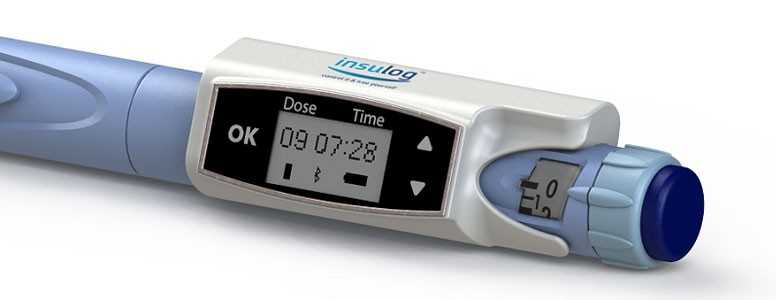New stem cell research in mice shows that re-engineered human kidney cells, when implanted with a technique called encapsulatio, can successfully normalise blood sugar levels for up to three weeks.
This is a novel approach to creating insulin-producing cells, other than artificially cultivating pancreatic cells, which could inform future therapies aimed at restoring insulin production in type 1 diabetes.
Until recently, stem cell-based treatments were hard to implement as scientists struggled to manufacture functional beta cells efficiently and in large quantities.
In this study, the researchers have modified the human kidney cells, known as HEK cells, to perform as beta cells by introducing two genes: one that make them sensitive to high blood sugar levels and another that tells the cell to act on it by pumping out insulin.
They then protected these new cells from eventual attacks of the mouse immune system by putting them in thin capsules prior to implanting them.
Once implanted into the mouse models of type 1 diabetes, the specially grown HEK cells were held safely inside the capsule to develop into fully functional islets that produce insulin in response to changing blood sugar levels.
The mice were found to have normal blood sugar levels with fewer episodes of hyperglycemia for at least three weeks after receiving the implant.
While these results are promising, the project is still very much in its infancy and the therapy has yet to be proved safe and effective in humans.
But, if it is confirmed as a safe treatment method, we could see it tested in humans with type 1 diabetes within the next two years.
According to the researchers, the implant under the skin would need to be replaced only three times a year and could release insulin as required without the need of injections.
Martin Fussenegger, who led the research project, hopes the technology will be commercially available within the next 10 years and of use for people with type 1 diabetes as well as insulin-treated type 2 diabetes.





